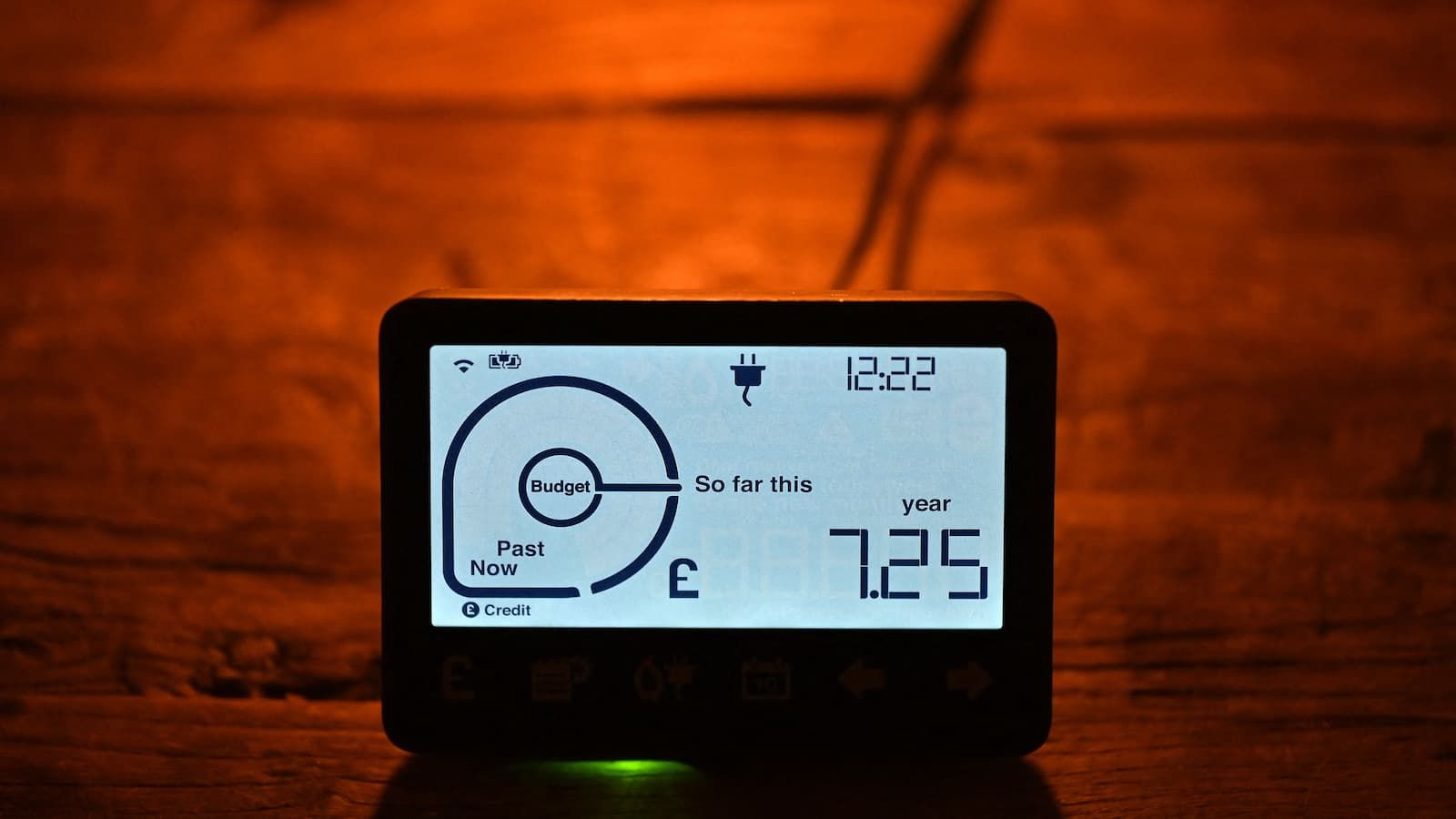
"From 1 October 2015, millions of households will see their energy bills rise again as the price cap increases by 2%, taking the average annual bill from £1,720 to £1,755. Experts are warning families to act fast by submitting meter readings before the rise kicks in to avoid paying over the odds. The warning comes as new research shows one in six households say they simply cannot afford further hikes."
""Whether you take manual meter readings or have a smart meter, it's vital to take a meter reading as close as possible to when the price cap comes into effect and send it to your provider," he urged. "This ensures that all the energy you've used up until 1 October is charged at the lower rate - not tomorrow's higher one." Kloet also warned that even small changes at home could make a big difference, urging families to cut down on unnecessary energy use now. "Batch cooking, sealing draughts, and only boiling what you need in the kettle might sound small, but these habits add up - both for your wallet and the environment.""
"The comparison site's survey of more than 2,000 people lays bare the pressure on households: 16% say they cannot afford any more price rises at all 29% admit they are worried about energy bills 10% believe they are not getting the best deal from their current provider Despite more tariffs appearing on the market, too many households are missing out on potential savings. One in five (20%) have never switched provider,"
From 1 October the energy price cap increases by 2%, lifting the average annual bill from £1,720 to £1,755. Households are urged to submit meter readings as close as possible to the change to ensure consumption before the rise is billed at the lower rate. Small behavioural changes such as batch cooking, sealing draughts and boiling only needed water can reduce costs. A survey of over 2,000 people found 16% cannot afford further rises, 29% are worried about bills and 20% have never switched provider, indicating many households may be missing potential savings.
Read at Homebuilding
Unable to calculate read time
Collection
[
|
...
]